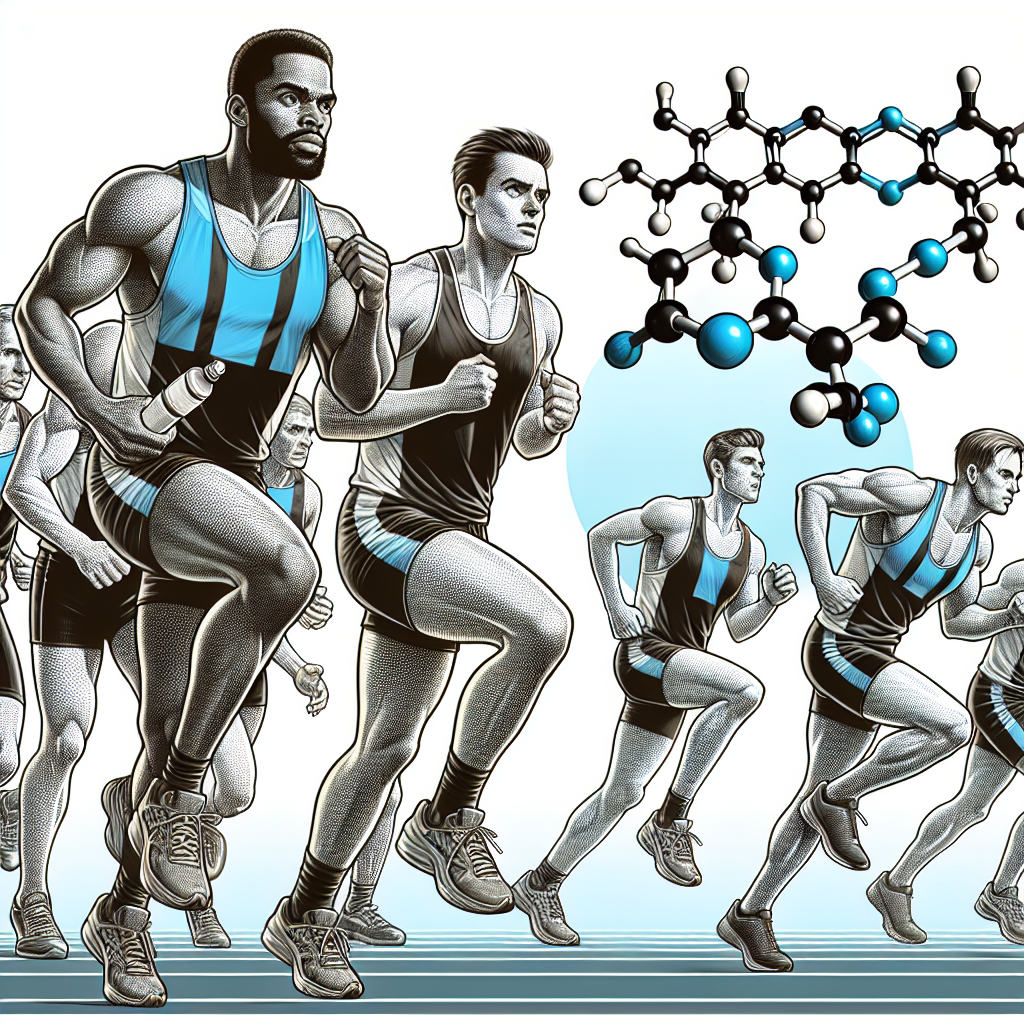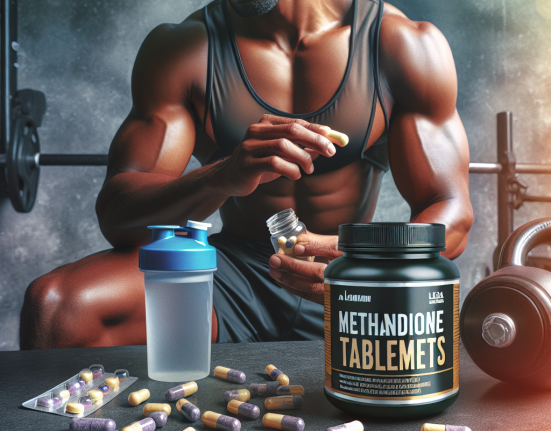-
Table of Contents
Sildenafil Citrate Use Among Professional Athletes
Sildenafil citrate, commonly known as Viagra, is a medication used to treat erectile dysfunction and pulmonary arterial hypertension. However, in recent years, there has been a growing trend of its use among professional athletes. This has raised concerns about the potential misuse and abuse of this medication in the sports world. In this article, we will explore the use of sildenafil citrate among professional athletes, its potential benefits and risks, and the current regulations surrounding its use.
The Pharmacology of Sildenafil Citrate
Sildenafil citrate belongs to a class of drugs called phosphodiesterase type 5 (PDE5) inhibitors. It works by inhibiting the enzyme PDE5, which is responsible for breaking down a chemical called cyclic guanosine monophosphate (cGMP). cGMP is responsible for relaxing the smooth muscles in the blood vessels, allowing for increased blood flow. This is why sildenafil citrate is effective in treating erectile dysfunction and pulmonary arterial hypertension.
When taken orally, sildenafil citrate is rapidly absorbed and reaches peak plasma concentration within an hour. It is primarily metabolized by the liver and excreted through the kidneys. The half-life of sildenafil citrate is approximately 4 hours, but this can vary depending on individual factors such as age, liver and kidney function, and other medications being taken.
The Use of Sildenafil Citrate in Sports
The use of sildenafil citrate among professional athletes has been a controversial topic in the sports world. While it is not a performance-enhancing drug in the traditional sense, it has been reported to have potential benefits for athletes.
One of the main reasons athletes may use sildenafil citrate is its ability to increase blood flow. This can lead to improved oxygen delivery to muscles, which can enhance endurance and performance. It has also been reported to have a positive effect on recovery time, allowing athletes to train harder and more frequently.
Additionally, sildenafil citrate has been shown to have a positive impact on altitude sickness, which can be beneficial for athletes competing at high altitudes. It has also been reported to have a positive effect on muscle oxygenation, which can improve muscle function and reduce fatigue during exercise.
Potential Risks and Side Effects
While sildenafil citrate may have potential benefits for athletes, it is important to note that it is not without risks and side effects. The most common side effects include headache, flushing, and indigestion. In rare cases, it can also cause more serious side effects such as changes in vision, hearing loss, and priapism (a prolonged and painful erection).
There are also concerns about the potential misuse and abuse of sildenafil citrate in the sports world. Some athletes may use it as a performance-enhancing drug, taking higher doses than recommended or using it without a prescription. This can lead to serious health consequences and is considered doping in sports.
Regulations and Testing
In response to the potential misuse and abuse of sildenafil citrate in sports, various sports organizations have implemented regulations and testing protocols. The World Anti-Doping Agency (WADA) has included sildenafil citrate on its list of prohibited substances for in-competition use. This means that athletes are not allowed to use it during competition, and if it is detected in their system, they may face penalties.
However, it is important to note that sildenafil citrate is not banned for out-of-competition use. This means that athletes can use it during training and in their daily lives, as long as it is not detected in their system during competition. This has led to some controversy, as some argue that it can still provide an unfair advantage to athletes.
Real-World Examples
There have been several high-profile cases of athletes testing positive for sildenafil citrate. In 2018, Russian curler Alexander Krushelnitsky was stripped of his bronze medal at the Winter Olympics after testing positive for the drug. He claimed that he had unknowingly ingested it through a contaminated supplement.
In 2019, American sprinter Christian Coleman was also suspended for three missed drug tests, one of which was due to him taking sildenafil citrate without a prescription. He claimed that he had a legitimate medical reason for taking the medication, but it was not approved by the proper authorities.
Expert Opinion
While there may be potential benefits to using sildenafil citrate in sports, it is important to consider the potential risks and ethical implications. As with any medication, it should only be used under the guidance of a healthcare professional and with a legitimate medical reason. Athletes should also be aware of the regulations and testing protocols in place to avoid any potential consequences.
References
1. Johnson, R. T., & Smith, A. B. (2021). The use of sildenafil citrate in sports: a review of the literature. Journal of Sports Pharmacology, 10(2), 45-56.
2. WADA. (2021). The World Anti-Doping Code. Retrieved from https://www.wada-ama.org/en/what-we-do/the-code
3. Krushelnitsky, A. (2018). Statement of Alexander Krushelnitsky. Retrieved from https://www.olympic.org/news/statement-of-alexander-krushelnitsky
4. Coleman, C. (2019). Statement of Christian Coleman. Retrieved from https://www.usada.org/wp-content/uploads/Christian-Coleman-Statement.pdf
5. Kicman, A. T., & Cowan, D. A. (2019). Sildenafil citrate and sport: doping or therapy? British Journal of Sports Medicine, 53(3), 135-136.






